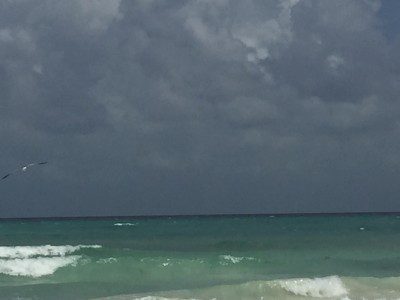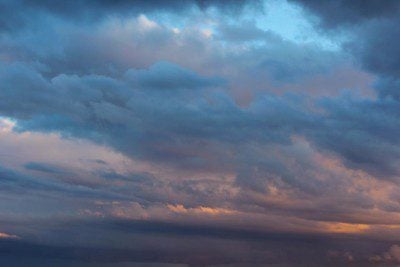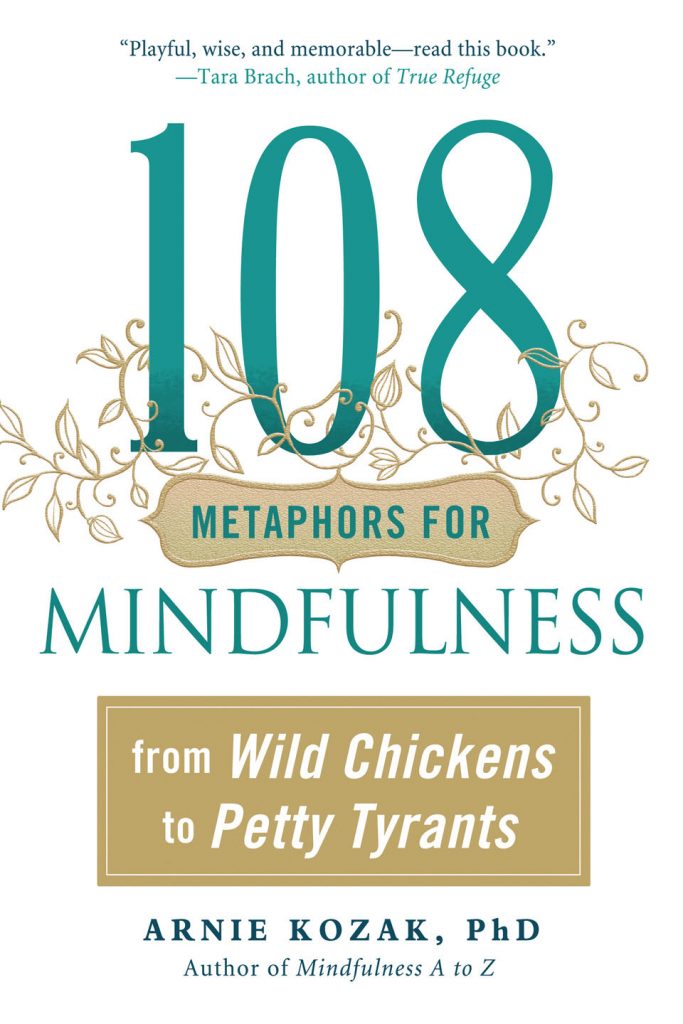 What is the self beyond language concept, and story? Can we find an identity in the unfolding awareness of the moment?
What is the self beyond language concept, and story? Can we find an identity in the unfolding awareness of the moment?
When we let go of stories and release ourselves into the flow of the moment, we start to realize the world that we live within is much bigger than we realized. It’s not only big—it’s vast.
The ocean reminds us of that; the sky reminds us of that. The mountains tell us what is possible. The vastness of the nature is not only a metaphor. Our blood is salty like the sea; our bodies mostly water. Our atoms are the stuff of the universe—bits of the Big Bang inside each one of us.
The vast also exists within our brains. If we spread out all the branches of each one of our neurons, the length is a staggering 50 million miles. That’s over halfway to the sun. This vastness is impossible to see, yet whenever we turn our gaze within with mindfulness, we are getting a glimpse of this stupendous connectivity.
There are also vast spaces within each atom that comprises our bodies and all other material of the world and the universe. What seems solid—even that hardest steel—is hauntingly hollow. If we somehow removed all the space from all the atoms in the universe, we’d have something about the size of a bowling ball leftover.
Despite these magnificent examples of vastness, we tend to live in our stories—the who, what, when, where, and why of identify. We miss the vast in our relentless pursuit of pleasure and avoidance of pain, discomfort, and inconvenience.
Stories are compelling, addicting, and habitual. Perhaps, too, we ignore the Vast because it can be dangerous. Larger than our story. Larger than our small self and doesn’t care about that small self.
The vast reminds us of our vulnerability, precariousness, and aloneness. Just imagine being shipwrecked in the middle of the ocean. On the ocean, we are always on the edge of being or not being amidst the forces of the tide, waves, and depth (not to mention the creatures that dwell in the sea). In other words, impermanence is made plain by the Vast.
We can also take a surfboard into the vastness of the ocean and learn to ride its vicissitudes, making friends with that very impermanence as Jaimal Yogis has done and lovingly reported to us in his books Saltwater Buddha: A Surfer’s Quest to Find Zen on the Sea and The Fear Project: What Our Most Primal Emotion Taught Me About Survival, Success, Surfing . . . and Love.
Sati is the Pali language term that has been translated as mindfulness. It literally means “to remember” or to “recollect” oneself. From this perspective of remembering, mindfulness is the antidote to forgetting the Vast. It puts us in touch with the vast that is our bodies breathing in and through time.
Je me souviens is the motto of Quebec. I remember myself. Perhaps this can be the motto for reclaiming our place in the Vast—our small place in the great context that is existence. With mindfulness, this is possible.
I am excited and honored to be teaching a workshop with my dharma brother Jaimal Yogis where will be exploring issues related to the Vast in a workshop: Finding Your True Self Through Mindfulness and Nature at the Kripalu Center for Yoga and Health in the Berkshire Mountains of Massachusetts (June 10-12). Wherever we make contact with our true self, it is sure to be in the open expanses of the Vast. Join us then and there for that workshop.

